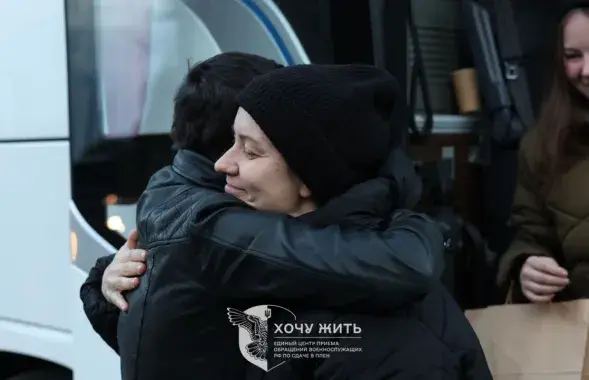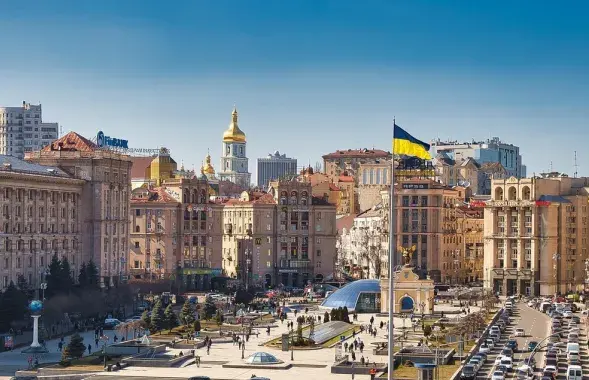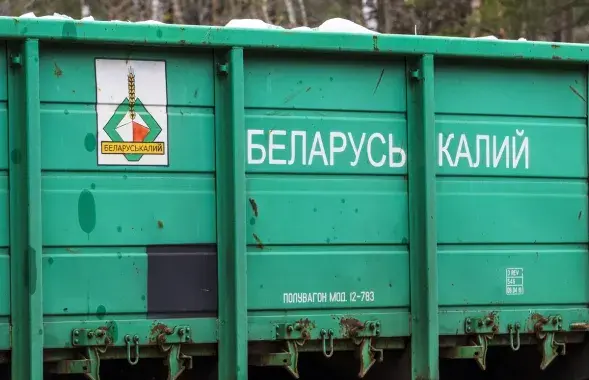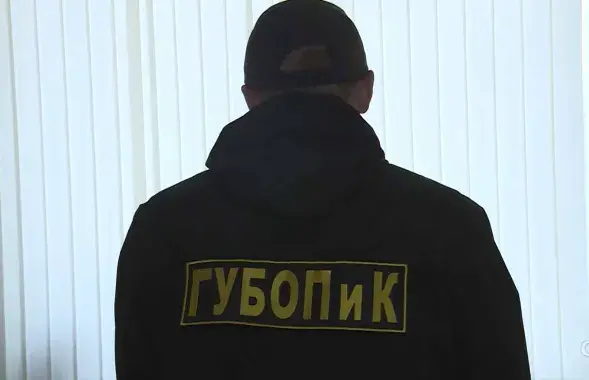Will Belarus recognize South Ossetia and Abkhazia?
Belarus leader Alexander Lukashenka postponed the recognition of the two republics for September 5 when the heads of members states of the Collective Security Treaty Organization will meet at a summit. The European Radio for Belarus is finding out what Belarusian MPs are going to do in this situation.
Siarhei Kastyan, the deputy chairman of Foreign Affairs and Relations with CIS Committee at the House of Representatives, reckons that recognition of South Ossetia and Abkhazia should not be tabled before the parliament until a presidential decree is issued.
“In Ukraine, parliament’s powers are different. Belarus is a presidential republic. In this situation, approval by the parliament is not required. The presidential decree to recognize the independence of South Ossetia and Abkhazia would be sufficient. Therefore, the president first issues his decree to be further approved by the House of Representatives”, Kastsian says.
However, being “the main parliamentarian of Slavic people”, Mr Kastsian is confident that the recognition of two Georgian breakaway republics is “not far away ahead”.
“No doubt, Slavic countries should recognize the independence of the former Georgian territories. I as the chairman of the Slavic parliamentary union, will do everything possible to make it happen”.
Siarhei Haydukevich, a member of Foreign Affairs and Relations with CIS Committee, reckons that Belarus will continue to have a common foreign policy with Russia. However, it will not forget about its own independence.
“We regard Russia as a close and long-term ally of Belarus. But Belarus will not run “ahead of the whole planet”, because it does not need it”, Haydukevich says.
In the view of Belarusian commentator Dzyanis Melnyatsou, Lukashenka now has to make a decisive choice for Belarus: to enter Russia as new six regions as Putin proposed earlier or to re-orient the country towards the European Union and NATO.
“Lukashenka is faced with a dilemma: to become Russia’s loyal poodle or to re-orient the country to the West. Both options are unacceptable for Lukashenka. In terms of Belarus’s national interests in this situation, it would be wise to try to use special conditions that have popped up in relations with the West and to re-orient towards Western Euro-Atlantic structures. However, there are certain problems here as well, because Russia has much more leverage on Belarus than the West”, Melnyatsou suggests.
It means that the country’s foreign policy will again as in the past 14 years depend on the decision of one person only.



















